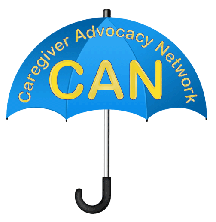De Facto Parent

A
de facto parent is a person who is the
current or recent caretaker of a child and who has been found by the court to have assumed, on a day-to-day basis, the role of a parent to the child. This means that the person has been
fulfilling the child’s physical and psychological needs for care and affection for a substantial period of time.
A person who seeks de facto parent status has the burden of proving by a preponderance of the evidence (in other words, proving that it is more probable than not) that he or she meets the criteria for receiving such status.
Whether a person is entitled to receive De Facto Parent status depends on the individual and on the unique circumstances of each case.
- The status of de facto parent does not give a person the same rights and responsibilities as a parent or guardian.
- De facto parents can participate as parties in disposition hearings and any later hearings.
- De facto parents can be represented by a lawyer, and can present evidence.
- De facto parents do not have an absolute right to reunification services, custody, or visitation.
The juvenile court may appoint a lawyer for de facto parents.
In order to terminate someone’s de facto parent status , the child welfare agency must show that the circumstances no longer support the status, such as when a psychological bond no longer exists between the adult and the child.
How To File For De Facto Parent Status:
- The “De Facto Parent Request” ( Judicial Council Form JV-295 ) and “De Facto Parent Statement Form” ( Judicial Council Form JV 296 ), to request that the court recognize the child’s present or previous caregiver as de facto parents and grant standing to participate as parties in disposition hearings and any hearing thereafter at which the status of the dependent child is at issue.
- If you do not have an attorney, the court clerk will send notice and copies of your request to all persons required to receive notice. Call your local Court Clerk’s Office for more information about the policies in your county. Go to Find My Court to locate the contact information for your county Clerk’s Office.
California Courts Online Self-Help Center will help you find assistance and information and represent yourself in some legal matters.
Caregivers and the Courts – A Primer on Juvenile Dependency Proceedings for California Foster Parents and Relative Caregivers – PUB 433
This brief manual provides general information about the court process as well as, in the last section, some specific suggestions on how you can participate in the process.